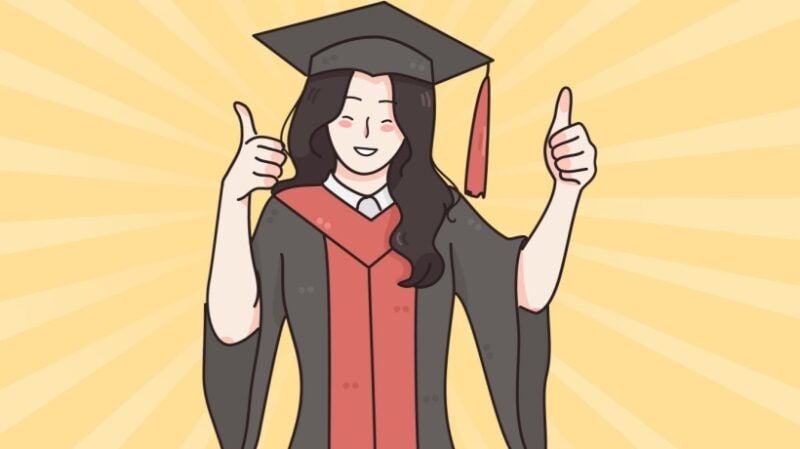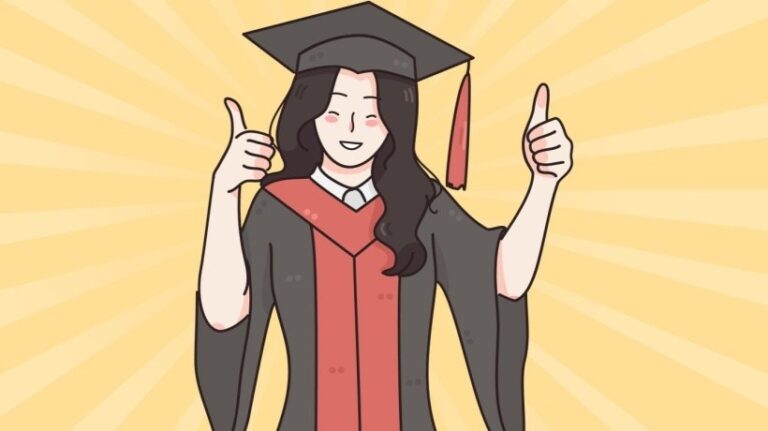
eLearning Vs. Traditional Education: Who Will Be More Successful?
In recent years, online education and online learning schools have been increasing. Due to technological advances and the Covid-19 pandemic, many students have resorted to virtual classrooms and online education to earn their degrees. From short courses to full degrees, online education provided accessibility to students and made life extremely easy. But one important question arises. Are students graduates from online learning schools and not more successful than those who take physical classes? This article discusses student academic achievement in e-learning vs. traditional education. We also discuss employment success and skill development, which may differ between the two groups.
How does online education support students?
Online education can be a viable option for students who need to deal with shorter time and vast distances. Universities such as Harvard, MIT, and Stanford offer online courses and degrees for students who want to expand their education while they are working. There are also a wide range of educational platforms such as Coursera, Edx and Udemy, which give students the opportunity to engage with online educators to support learning and coursework materials.
Even the employment of academic writing help services, such as essay writing services, has shown that students do not rely on traditional educational instruments for research, with student support for tasks, essays and homework. Online education is a growing trend among professionals and learners, but it is still considered a questionable option due to its uncertainty about its effectiveness and long-term value.
Academic Performance
Many other reports suggest that students in online programs can perform better than students in traditional classrooms. The factor to remember is discipline. This is because online education requires students to meet deadlines, submit assignments, operate without physical classrooms, and stay motivated.
Without reminders and daily notes, students must take responsibility for their research. However, students who lack self-discipline will undoubtedly struggle more in virtual classrooms that can affect academic success and achievement.
Employment success
Another issue could be the difference in the number of successful jobs in online students and traditional settings. One factor to keep in mind is that employer opinions play a meaningful role in job hunting after graduation. Online degree perceptions are weak in terms of reliability, and this is beginning to change. Therefore, improving the quality and awareness of online programs continues to bridge the gap.
Social interaction and networking
Social learning and networking are the least evaluated aspects of school life and physical classes. Campus Life allows students to meet new people, interact with professors, join clubs and participate in discussions. All of these experiences can help you develop skills such as communication, critical thinking, emotional intelligence, and public speaking.
Online students miss these experiences, but can continue to engage with their peers and their teachers through group assignments, presentations and online forums. However, it is important to remember that the level of interaction can be limited compared to physical experience. Therefore, this networking gap can be a slight inconvenience for students in online classrooms compared to students in physical classrooms.
Skill development
Certain industries such as healthcare, engineering, and natural sciences prefer graduates of physical programs for laboratory experience, practical research and internships. However, areas such as tech, business and communication often embrace students who deserve online degrees and experience.
While achievement alone cannot measure student or graduate success, physical classes offer learning experiences, group projects, labs, and internships that do not yet match. Therefore, employers prefer students who have applied their degree skills and knowledge in a real setting. However, online education provides students with important 21st century skills, including digital literacy, communication, computer skills, and virtual understanding, and becomes important in remote and hybrid work environments.
Quality of education
Not all online schools and universities are the same. Institutions should not forget the reliability and validity of the problem. Many schools have strict standards, ensuring that online and physical degrees follow the same curriculum and offer the same qualifications. However, some schools, especially diploma factories, offer low-quality programs with little value in the market.
Therefore, student success depends on the quality and accreditation of the online program and the school. This is why students and learners need to carefully select universities that offer a consistent curriculum and faculty for online programs and degrees.
Final Thoughts: eLearning Vs. Traditional Education
So, if you are still thinking about whether students who graduate from online schools are more successful than those who take physical classes, the answer is no. Student success depends on self-motivation, discipline, field of study, program quality, curriculum level, student goals, and university or school reputation.
Both formats have their advantages and disadvantages, but most importantly, their severity to their professional and career goals. Additionally, students can get help from online resources. Finally, we recommend that you choose wisely between physical classroom and online classroom environments to choose the one that suits your learning style and future career goals.


